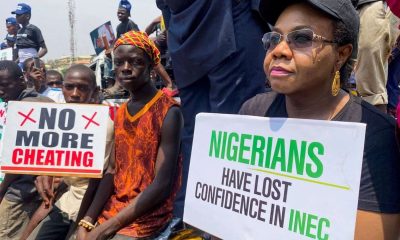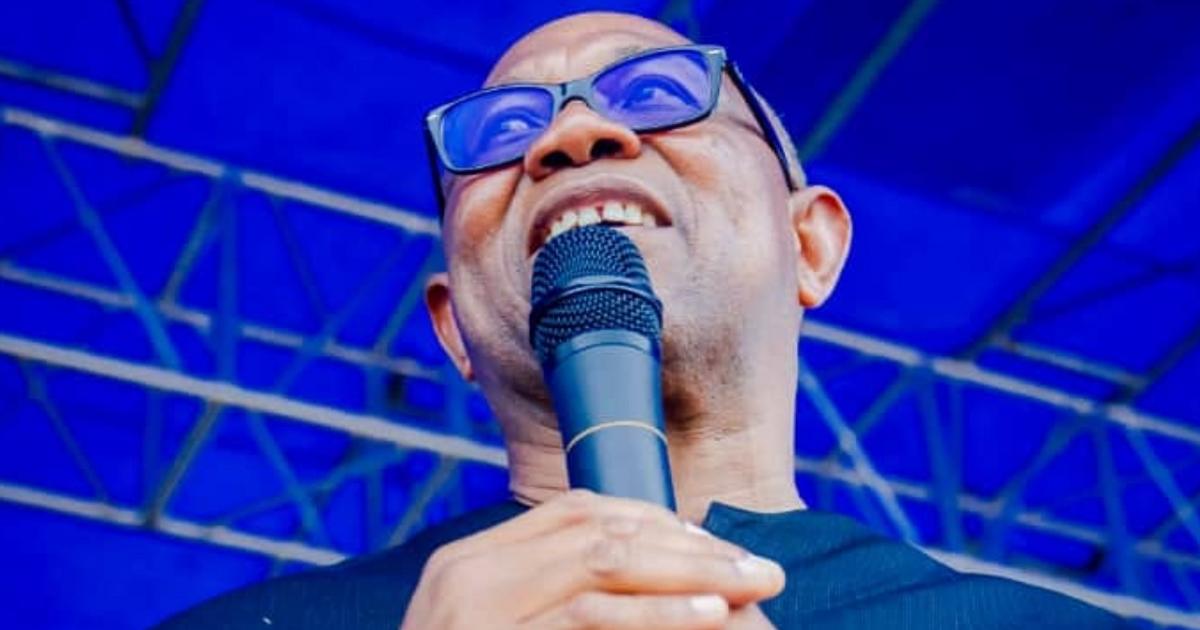Former Labour Party presidential candidate Peter Obi has stirred a heated national debate following his recent suggestion that church vigils be redirected into productive night shifts to combat Nigeria’s economic challenges.
Speaking on the Honest Bunch podcast, Obi, who served as Anambra State governor, argued that excessive time dedicated to religious services could be better spent on activities contributing to economic growth.
Obi’s remarks quickly sparked controversy, with many Nigerians interpreting the statement as an attempt to undermine religious practices.
Critics, particularly from Christian communities, voiced their disapproval, framing his comments as an intrusion on deeply held traditions.
In his interview, Obi underscored the point that “Nigeria’s poverty and unproductivity are partly due to an overemphasis on politics and religion,” explaining that with church gatherings taking place from Monday to Friday, the country may be hindered from achieving its potential progress.
The backlash was immediate, with religious figures and laypersons condemning his remarks.
Among the vocal critics was Joshua Mike-Bamiloye, son of the founder of Mount Zion Faith Drama Ministry, Mike Bamiloye, who characterized Obi’s comments as “misguided” and “insulting.”
He further challenged Obi’s suggestion by pointing to other forms of leisure: “If we want to be productive, why not also ban recreational events, comedy shows, and concerts?”
READ ALSO: Peter Obi condemns poor treatment of protesters, including minors, in Court
In response to the criticism, Obi’s media aide, Ibrahim Umar, issued a statement on Sunday clarifying the former governor’s intent, emphasizing that his words were “twisted and blown out of proportion.”
The statement reaffirmed Obi’s deep respect for all faiths, noting that his point was to highlight the importance of combining faith with actionable efforts toward development.
“The Labour Party leader is well known as a man of strong faith who has enormous respect and love for every religion… Obi was merely underscoring what Apostle James said: ‘Faith without works is unhelpful.’”
Obi’s supporters have taken to social media to rally behind him, with some Nigerians voicing agreement with his sentiments.
A Twitter user expressed support by saying, “The religious aspect is actually true. We need fewer people active in churches and more engaged in being productive.”
Another added, “The only things working are politics and religion; that is why pastors and politicians are so wealthy.”
The debate has also brought renewed focus on the complex relationship between religion and productivity in Nigeria. While religion is widely seen as a cornerstone of Nigerian culture, some argue that an overemphasis on religious activities may detract from economic progress.
For many, Obi’s statement has sparked a necessary discussion about the balance between faith and productivity, with proponents and critics alike reflecting on how to achieve both spiritual and economic growth.
In his clarification, Obi urged Nigerians to consider the value of a balanced life, emphasizing, “There is no evidence in scripture that Jesus blessed an idle person… We should be doers of the words.”
As the controversy unfolds, the conversation around the role of religion in Nigeria’s socio-economic landscape remains a deeply divisive yet essential part of the national discourse.

 Health1 week ago
Health1 week ago
 Business1 week ago
Business1 week ago
 Latest1 week ago
Latest1 week ago
 Latest1 week ago
Latest1 week ago
 Football7 days ago
Football7 days ago
 Health6 days ago
Health6 days ago
 Crime7 days ago
Crime7 days ago
 Latest1 week ago
Latest1 week ago

